surveillance
Latest

Recommended Reading: The AI surveillance company watching Utah
This small company is turning Utah into a surveillance panopticon Jason Koebler, Emanuel Maiberg, and Joseph Cox Motherboard If you think Clearview's AI-powered facial recognition is a major problem, buckle up. An artificial intelligence company called Banjo has agreement with Utah that gives it real-time access to traffic cameras, CCTV/public safety cameras, 911 systems and other data. Banjo says it can combine all of that with info from social media, apps and satellites to "detect anomalies." Basically, the company claims it can alert law enforcement to a crime while it's happening. It also says the system strips all personal details so it's able to assist without sacrificing privacy. Motherboard has more on the agreement and how it's working so far.
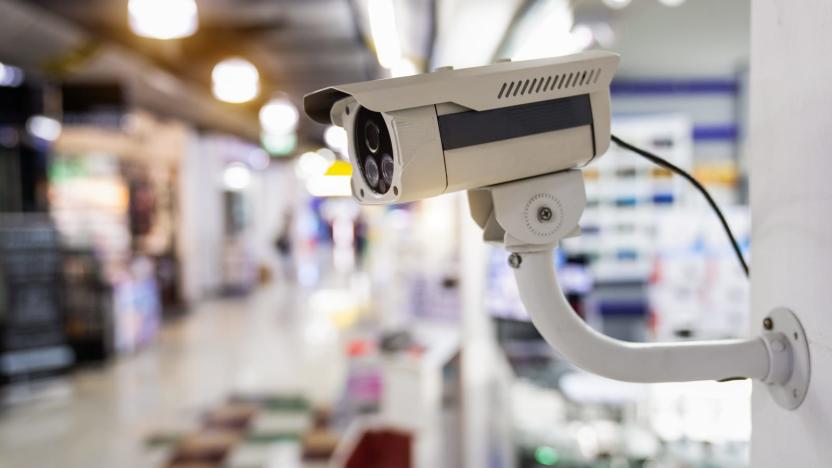
Banjo AI surveillance is already monitoring traffic cams across Utah
A small company called Banjo is bringing pervasive AI surveillance to law enforcement throughout Utah, Motherboard reports. In July, Banjo signed a five-year, $20.7 million contract with Utah. The agreement gives the company real-time access to state traffic cameras, CCTV and public safety cameras, 911 emergency systems, location data for state-owned vehicles and more. In exchange, Banjo promises to alert law enforcement to "anomalies," aka crimes, but the arrangement raises all kinds of red flags.
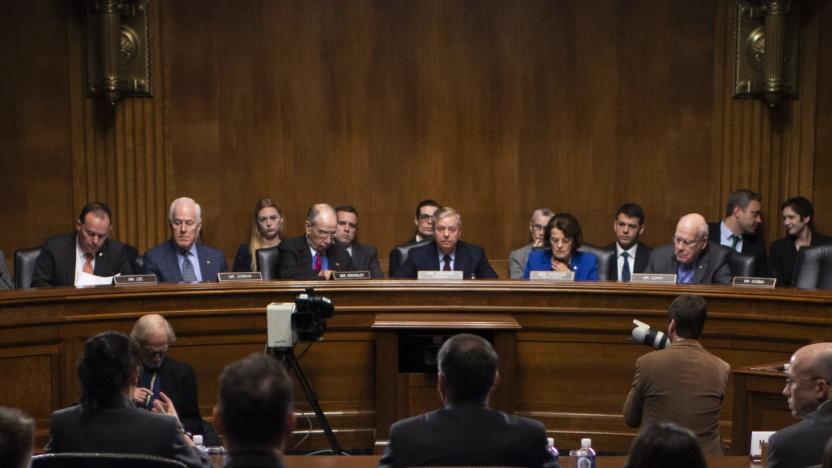
NYT: $100 million US phone surveillance program produced two unique leads
After 2015, the USA Freedom Act replaced NSA mass surveillance of American's call metadata that had been enacted under the Patriot Act and Section 215. While it didn't go so far as to completely reform the system as groups like the EFF and ACLU hoped, it changed things by having phone companies collect the data, under limits of how long it could be stored, with queries performed by agencies with a judge's permission. Even the new rules have had problems, with phone companies storing more data than was legally allowed causing the NSA to wipe all data collected in 2018. Also, even more limited queries could end up touching millions of records. Now the New York Times reports on a just-declassified study by the Privacy and Civil Liberties Oversight Board from last year that looked into the program and found that it had only ever generated two unique leads during the time it was operating. That's out of 15 reports total, but 13 had information the FBI was able to get through other methods, At a cost of over $100 million to operate the setup, this almost complete lack of production reveals more about why the NSA had stopped using it. Sections of the Patriot Act were set to expire in 2019, but despite reported recommendations by the NSA to shut things down, they were extended as part of a funding bill. Now they're up for review again by March 15th, and despite proposed bipartisan legislation intended to replace the program, AG William Barr is again pushing for an extension.
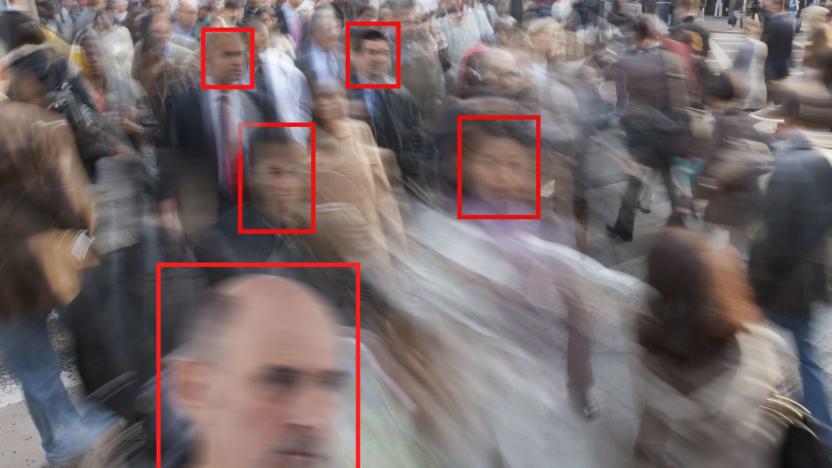
Why Clearview AI is a threat to us all
When London's Metropolitan Police Department announced its decision to adopt the controversial and intrusive ClearView AI surveillance system at the end of January, a global cacophony of protest erupted. Concerns, fear and trepidation surrounding facial recognition technologies, especially those like Clearview which can ID people in real-time, have been simmering for decades, but the Met's decision has finally caused public outrage to boil over. But how did we even get to the point where a relatively unknown startup managed to enact one of tentpoles of futuristic dystopia and begin marketing it to aspiring dictatorial regimes, all while earning the wrath of national governments and tech industry titans alike?
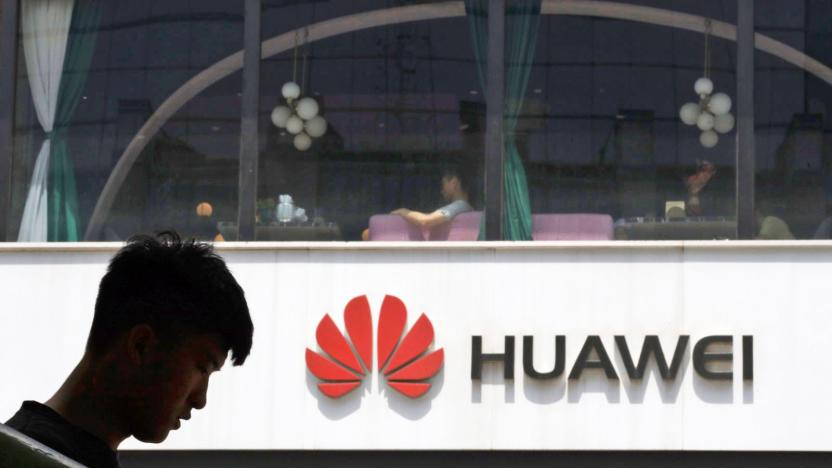
US claims Huawei can secretly access carrier backdoors
The US has been trying to persuade its allies to ditch Huawei for a while, but it has been curiously shy about providing evidence to support its case. However, some of that evidence appears to be coming to light -- although it's still not certain there's a real threat. Officials talking to the Wall Street Journal have claimed that Huawei can "covertly" access phone networks worldwide using backdoors meant for law enforcement. While manufacturers are often required to design their gear in a way that prevents them from gaining access without a carrier's permission, Huawei supposedly maintains that access without the carriers being any the wiser.
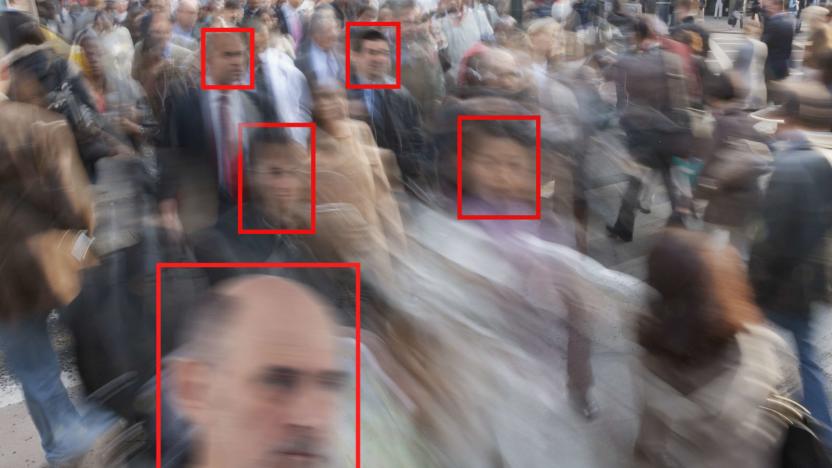
ACLU rejects Clearview AI's facial recognition accuracy claims
Clearview AI's facial recognition isn't just raising privacy issues -- there are also concerns over its accuracy claims. The ACLU has rejected Clearview's assertion that its technology is "100% accurate" based on the civil liberty group's methodology for testing Amazon's Rekognition, telling BuzzFeed News that the findings are "absurd on many levels" and amounted to "manufacturing endorsements." According to the ACLU, there are key differences that make Clearview's sales pitch misleading.

Interior Department grounds Chinese-made drones
The reports were true: the Interior Department is grounding much of its drone fleet. It's issuing an order that bans flights for drones either made in China or with Chinese parts out of fear they could be used for spying purposes. That effectively grounds the entire fleet in principle. There will be exceptions for training as well as emergency situations like wildfire tracking and search and rescue, but day-to-day operations won't be feasible without drones made elsewhere.
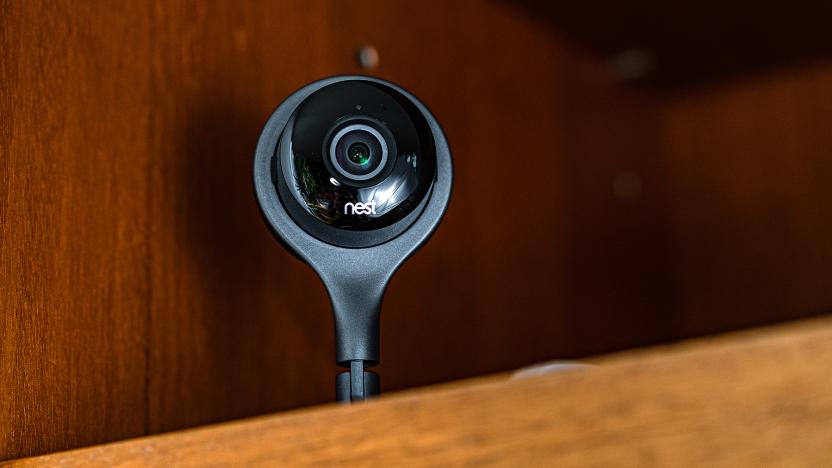
I am my own spy: A personal surveillance story
One of the first webcams I purchased was a Dropcam several years ago. We'd had a couple of package thefts, and I wanted to see if I could catch the perpetrator in the act. I positioned the camera at our front window, with the lens pointed at the steps leading up to the front door. Alas, I never did catch anyone because we never had any more package thefts. Maybe they were scared off by the presence of a camera, or maybe they realized their folly when one of the packages they'd stolen was simply a bag of cat litter.

Messaging app ToTok is reportedly a spying tool for the UAE
It's no secret that some messaging apps are favored by authoritarians, but one app may be explicitly designed with spying in mind. Unnamed US officials speaking to the New York Times say that the chat app ToTok is believed to be a surveillance tool for the United Arab Emirates. According to a classified intelligence report, the UAE uses ToTok to follow users' conversations, track locations (under the guise of weather), determine social connections and look at media. Most of the app's million of users live in the UAE, but it's popular elsewhere in the world and has seen a surge of demand in the US.

San Francisco loosens facial recognition ban to allow newer iPhones
San Francisco is learning first-hand about the risks of blanket bans on facial recognition. City supervisors have voted to amend a ban on facial recognition in local government to allow the use of FaceID-equipped iPhones and other devices where the technology is included, but other features are considered vital and don't have alternatives. Workers aren't allowed to use the facial recognition tech (they'll have to enter passcodes on iPhones, for example), but they don't have to give up a modern handset just to take calls and answer emails.

Court says data swept up by the NSA is protected by the Fourth Amendment
An appeals court may have just shaped how the US treats the NSA's bulk data collection. The Second Circuit Court of Appeals has ruled that American communications scooped up under the Foreign Intelligence Surveillance Act's Section 702 and PRISM is protected by Fourth Amendment rights baring unreasonable searches and seizures. Judges found that the "vast majority" of the evidence collected in a terrorism case against Agron Hasbajrami was permissible under the Fourth Amendment, but that the querying that data "could violate" the amendment -- and thus that it was fair to challenge the data use on constitutional grounds. It also believed that the accidental collection of Americans' data raised "novel constitutional questions" that could be answered later.
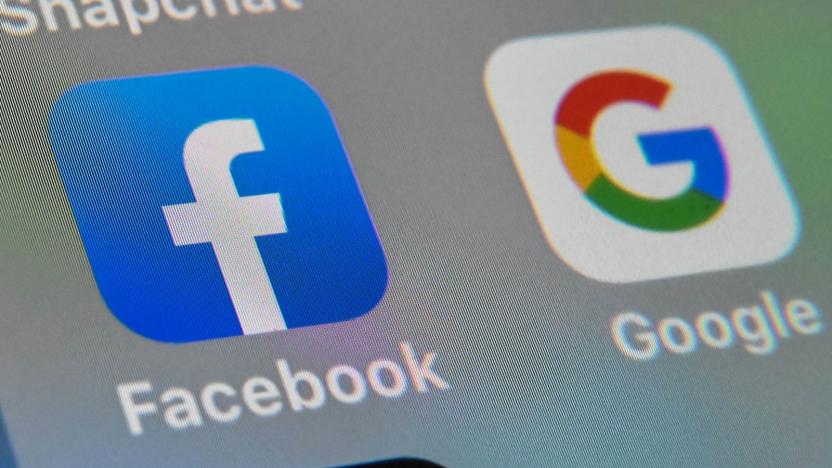
Amnesty International: Facebook and Google are a threat to human rights
Amnesty International, the premiere human rights organization, says Facebook and Google pose an unprecedented systematic threat to human rights. Specifically, Amnesty is concerned with the companies' "pervasive surveillance." In a new report, the organization warns against what it calls "omnipresent surveillance of billions of people" and calls for a "radical transformation of the tech giants' core business model."

Amazon confirms police can keep Ring doorbell videos forever
Video doorbell company Ring is facing heat from lawmakers and privacy advocates after it revealed authorities are able to keep homeowners' videos forever, and can share them with whomever they want.
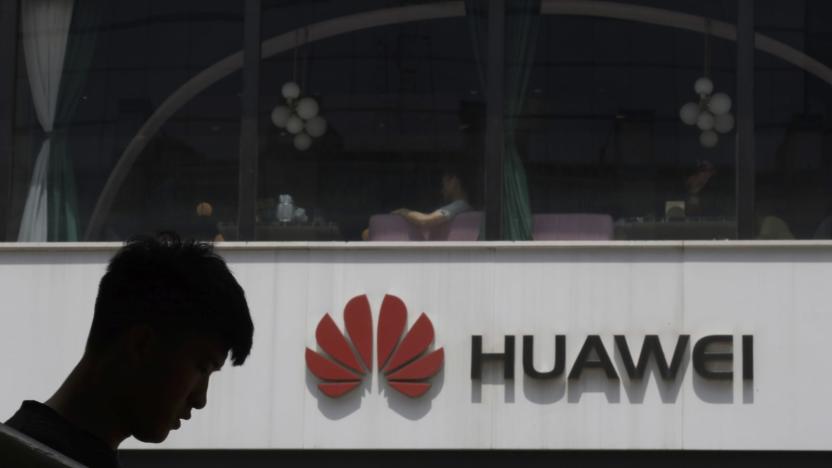
FCC proposal would ban some US telecoms from using Huawei, ZTE gear
The US government might not be content with blacklisting Huawei and otherwise making it clear that Chinese wireless companies are personas non grata. FCC Chairman Ajit Pai has put forward a proposal that would forbid Universal Service Fund recipients from buying equipment from companies deemed to be a "national security threat," including China's Huawei and ZTE. Moreover, carriers who already have that supposedly threatening gear would be required to remove it. The FCC might even offer "financial assistance" to networks to help them switch to other suppliers.
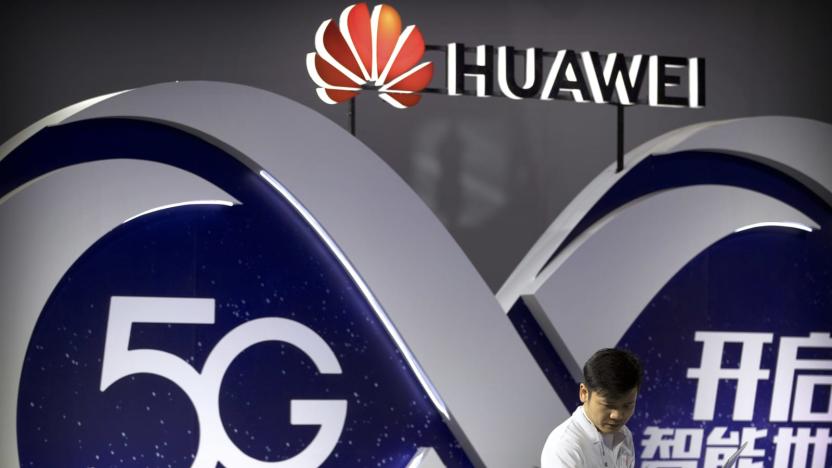
UK set to allow Huawei in 'non-contentious' parts of 5G networks
After months of talk, the UK is reportedly close to letting Huawei into its 5G networks. Sunday Times sources claim Prime Minister Boris Johnson is close to allowing the Chinese tech giant into "non-contentious" parts of 5G service in the country. While there wassn't much elaboration on what that meant, past reports suggested these would be areas where the potential damage from Chinese surveillance (if any) would be limited.
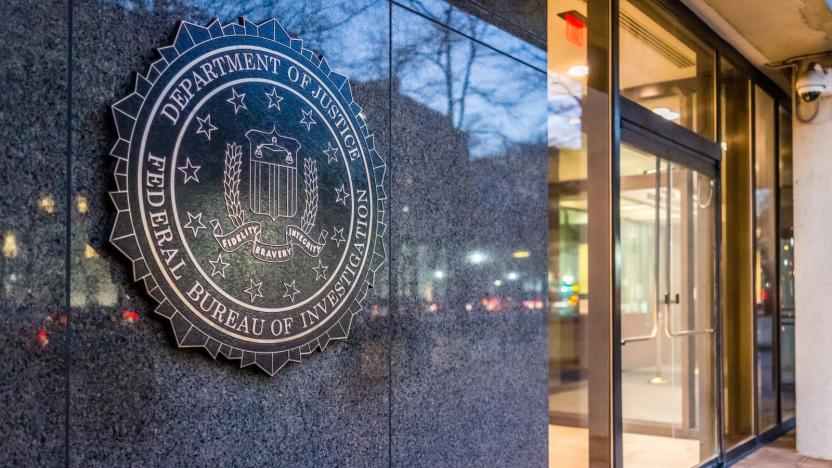
FISA court: FBI use of NSA's electronic surveillance data was illegal
A US court ruled that some of the FBI's electronic surveillance activities violated the constitutional privacy rights of Americans. The Foreign Intelligence Surveillance Court (FISC) deemed that FBI officials improperly searched a National Security Agency (NSA) intelligence database for info on Americans. The ruling was made last year but just revealed by the intelligence community today.

Russian hackers modify Chrome and Firefox to track secure web traffic
Many hackers won't touch web browsers beyond exploiting their vulnerabilities, but one group is taking things one step further. Kaspersky has detailed attempts by a Russian group, Turla, to fingerprint TLS-encrypted web traffic by modifying Chrome and Firefox. The team first infects systems with a remote access trojan and uses that to modify the browsers, starting with installing their own certificates (to intercept TLS traffic from the host) and then patching the pseudo-random number generation that negotiates TLS connections. That lets them add a fingerprint to every TLS action and passively track encrypted traffic.
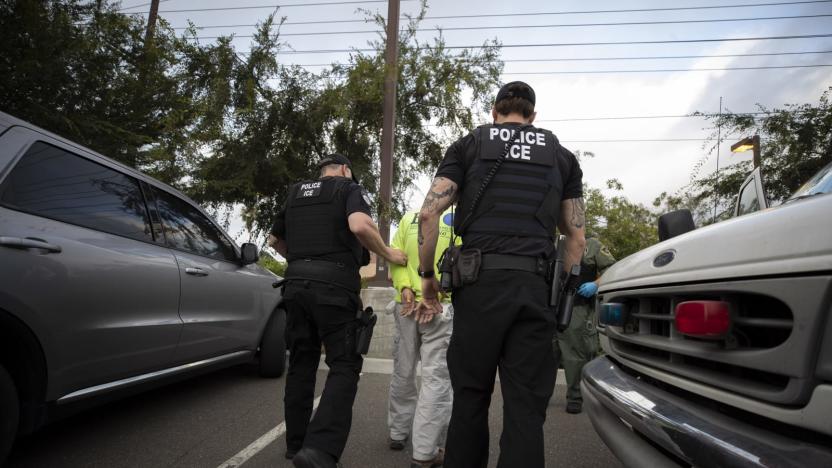
Recommended Reading: The ICE surveillance playbook
How ICE picks its targets in the surveillance age McKenzie Funk, The New York Times Through the lens of officers operating in the Pacific Northwest, The New York Times explains how Immigration and Customs Enforcement (ICE) collects information on possible targets. That includes monitoring social media accounts and tapping into "the world's largest privately run database of license-plate scans."
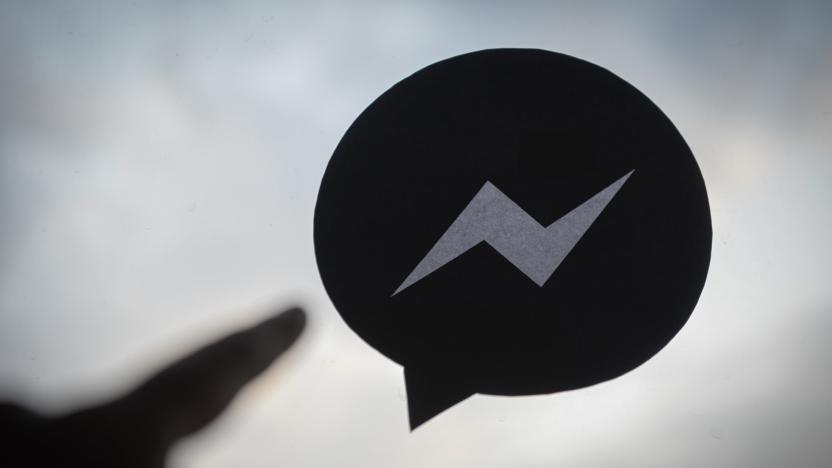
Treaty would force Facebook to share encrypted chats with UK police
A cross-Atlantic political agreement could put social networks in an awkward position. Sources for The Times and Bloomberg understand that the US and UK will sign a treaty in October that would force Facebook and other social networks to hand encrypted messages to UK law enforcement. The measure would be limited to 'serious' cases like pedophilia and terrorism, but it could still leave social sites either handing over effectively unusable data (if they can't decrypt chats themselves) or weakening security through backdoors.
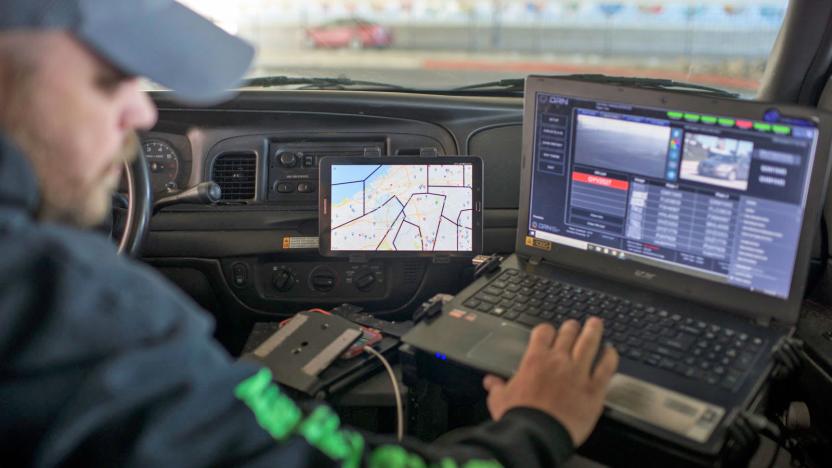
Billions of license plate scans are part of a private surveillance database
The US government might have reconsidered its plans for license plate recognition, but companies haven't -- and they've raised serious privacy concerns in the process. Motherboard has posted an exposé detailing the Digital Recognition Network, a privately run database that collects legions of plate recognition scans (roughly 9 billion to date) from repo drivers with camera-equipped cars. The system automatically captures both the plates and locations of every car they drive by, making it possible to track the movement of car owners across the US over months or even years. Anyone with access could find out where you live, work and socialize.






